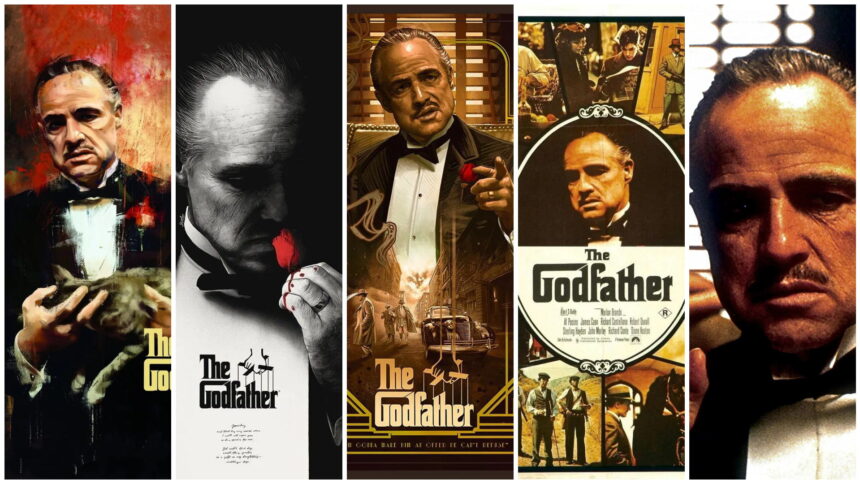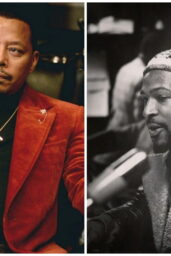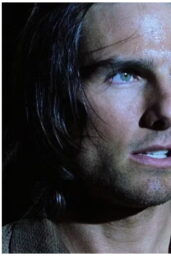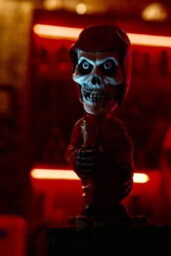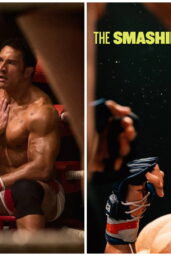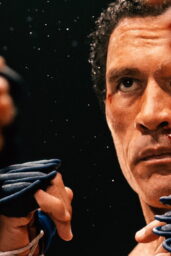At the AFI Life Achievement Award ceremony on April 27, 2025, Steven Spielberg dropped a cinematic bombshell: “‘The Godfather,' for me, is the greatest American film ever made.” The crowd roared, headlines erupted, and film buffs everywhere nodded—or raised an eyebrow. Coming from the man who gave us “Jaws,” “E.T.,” and “Schindler's List,” this wasn't just praise; it was a coronation. But what makes this 1972 masterpiece, directed by Francis Ford Coppola, the pinnacle of American cinema? And does it truly outshine other giants in the pantheon? Let's dive in—like a Corleone making an offer you can't refuse.
A Cinematic Offer We Couldn't Refuse
Picture this: Hollywood's elite gathered to honor Francis Ford Coppola with the 50th AFI Life Achievement Award (IMDb). Spielberg, alongside George Lucas, took the stage to celebrate their peer. Reflecting on Coppola's fearless creativity, Spielberg recalled watching a five-hour rough cut of “Apocalypse Now” and being awed by Coppola's openness to feedback. Then came the kicker: “The Godfather, for me, is the greatest American film ever made,” Spielberg declared, crediting Coppola with redefining American cinema (World of Reel). For a filmmaker of Spielberg's stature to crown “The Godfather” is no small thing—it's like Picasso calling someone else's painting the best ever.
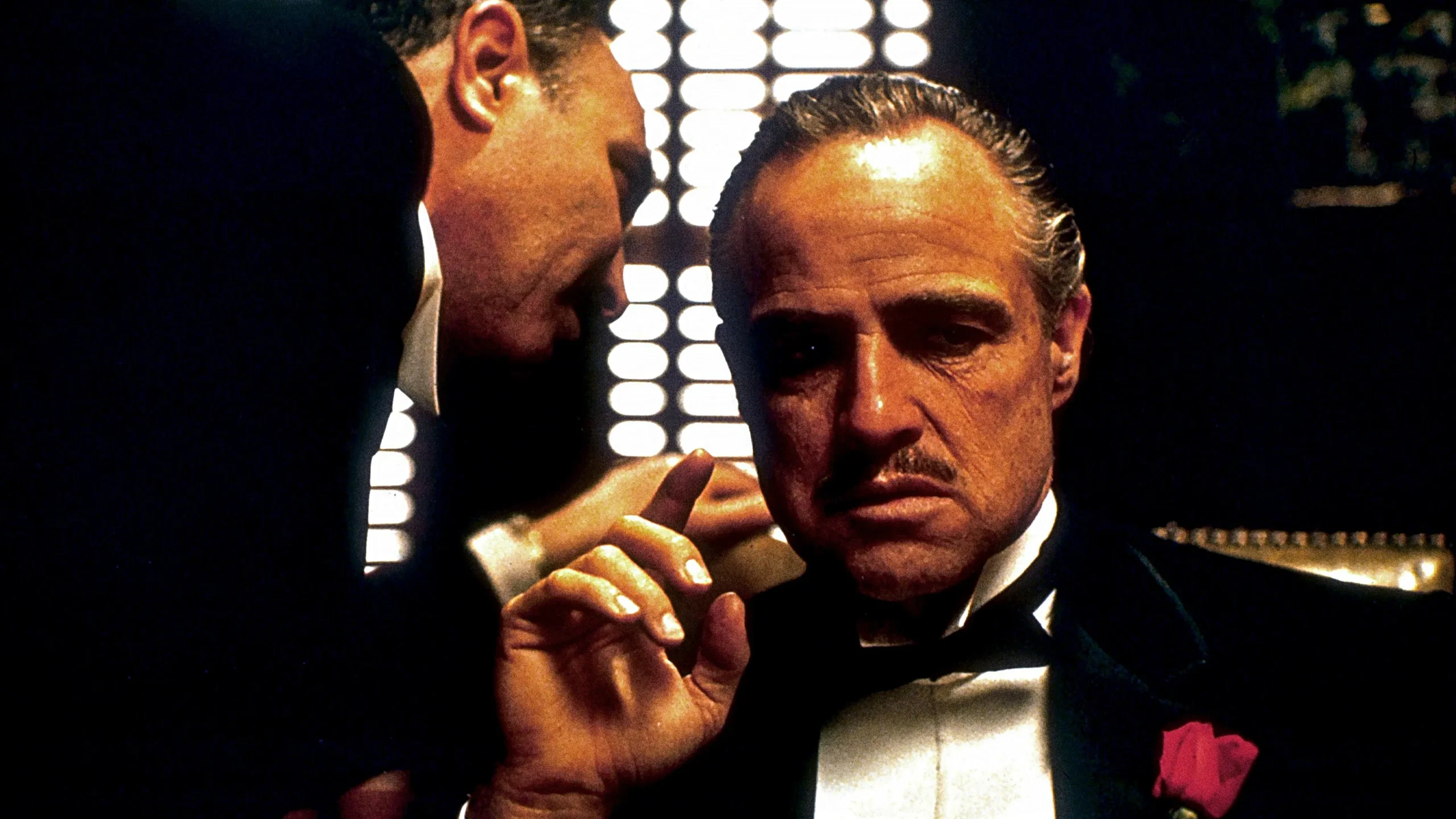
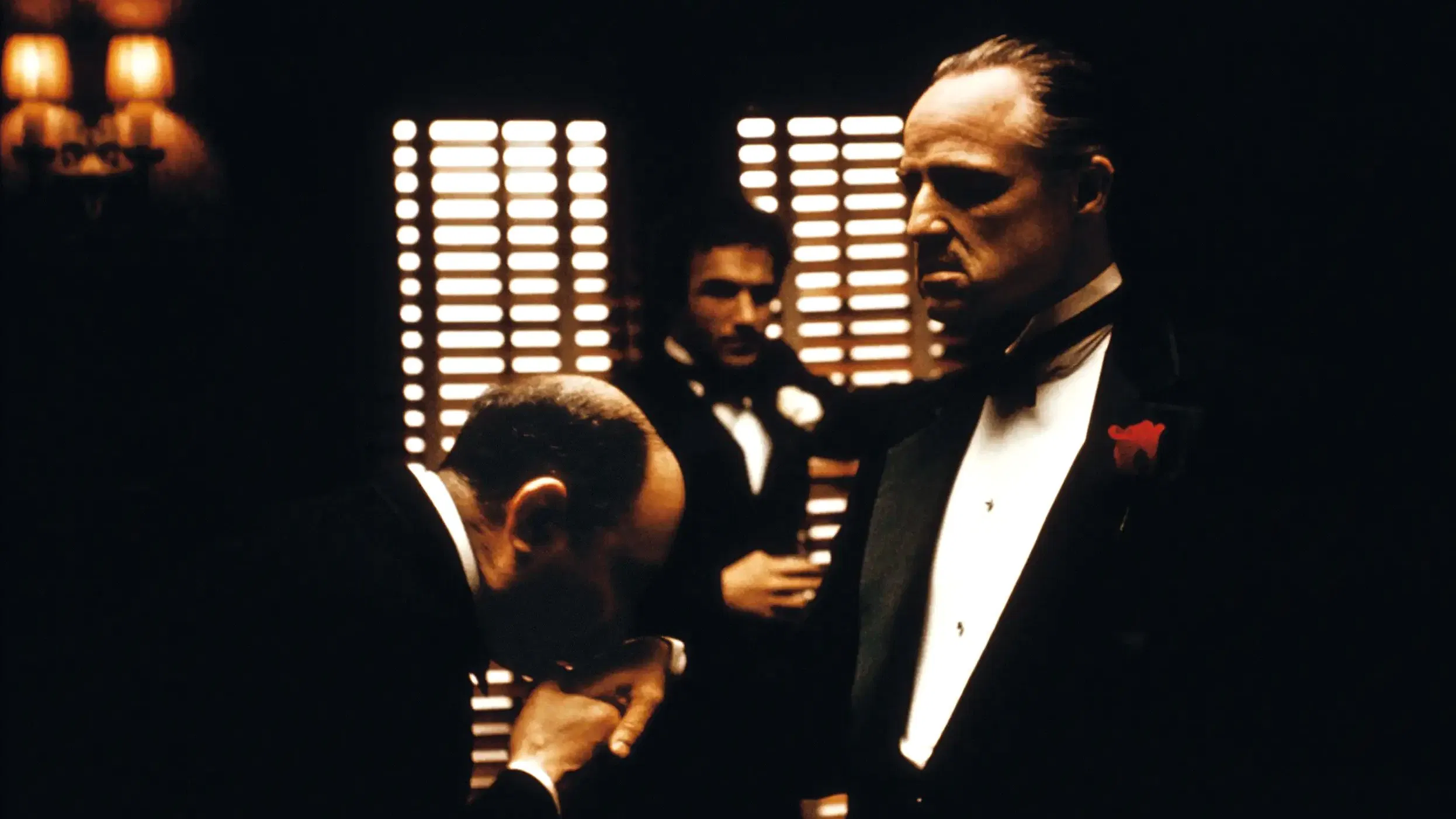
Why “The Godfather” Hits Like a Tommy Gun
Released in 1972, “The Godfather” is more than a mob movie; it's a mirror held up to the American soul. Based on Mario Puzo's novel, it follows the Corleone family—led by patriarch Vito (Marlon Brando) and his reluctant heir Michael (Al Pacino)—as they navigate power, loyalty, and betrayal in post-World War II America. The film's genius lies in its ability to weave universal themes into a gripping narrative. Here's why it resonates:
- The American Dream, Blood-Stained: At its core, “The Godfather” is about immigrants chasing success in a new land. Vito Corleone rises from poverty to power, but his empire is built on violence and moral compromise. It's the American Dream, yes, but bought with blood—a stark reflection of capitalism's darker side (BBC Culture).
- A Genre Redefined: Before “The Godfather,” gangster films were often pulpy, low-budget affairs. Coppola turned the genre into high art, blending operatic drama with gritty realism. Its influence echoes in films like “Goodfellas” and TV shows like “The Sopranos,” proving its lasting impact (Rotten Tomatoes).
- Cultural Ubiquity: From “Leave the gun, take the cannoli” to “I'll make him an offer he can't refuse,” the film's dialogue is etched into pop culture. Characters like Vito and Michael are archetypes, their struggles and choices resonating across generations. Even Tom Hanks in “You've Got Mail” cites it as a source of wisdom (BBC Culture).
Critically, “The Godfather” is a juggernaut. It won three Academy Awards, including Best Picture, and boasts a 97% Rotten Tomatoes score (CBR). On the AFI's list of the 100 greatest American films, it ranks third, trailing only “Citizen Kane” and “Casablanca” (AFI). Its sequel, “The Godfather Part II,” ranks 32nd, a testament to the saga's enduring power.
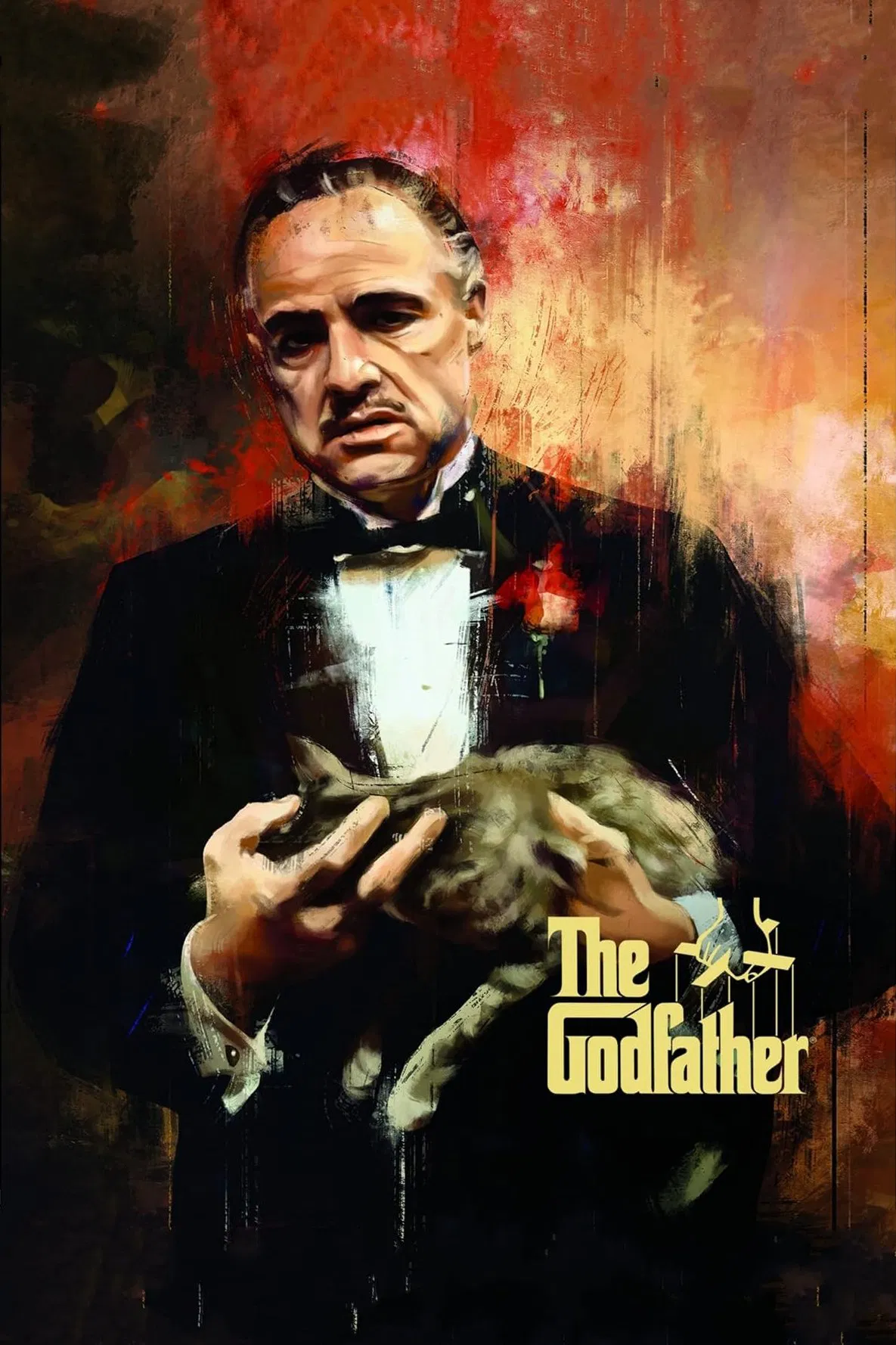
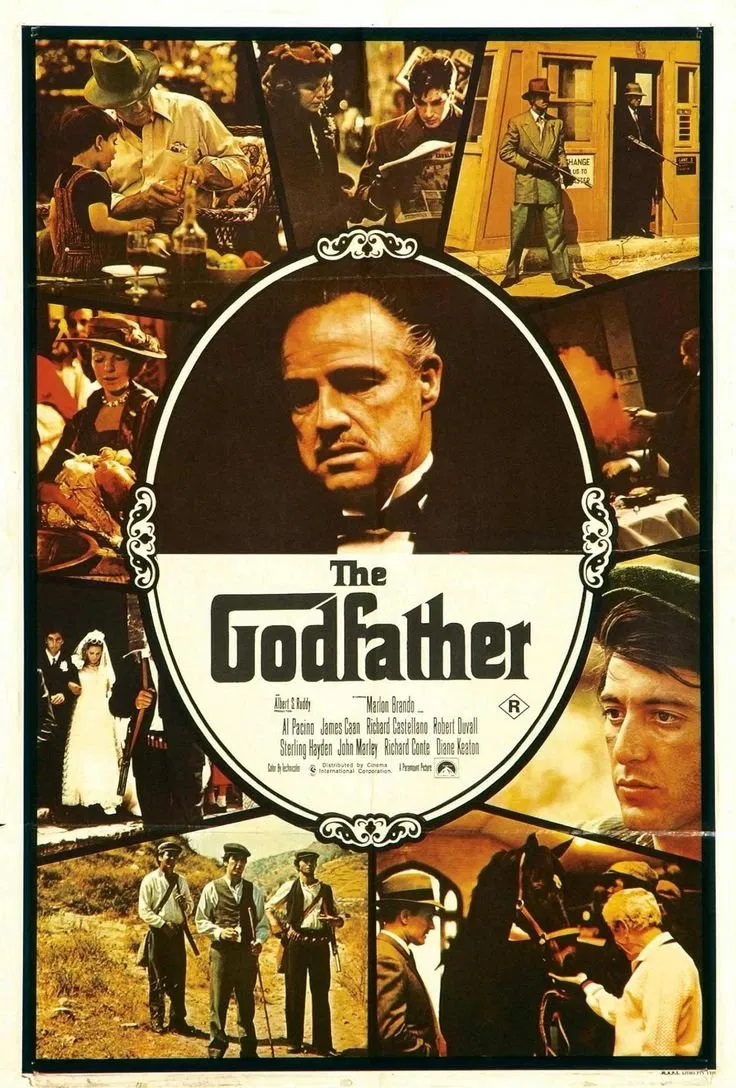
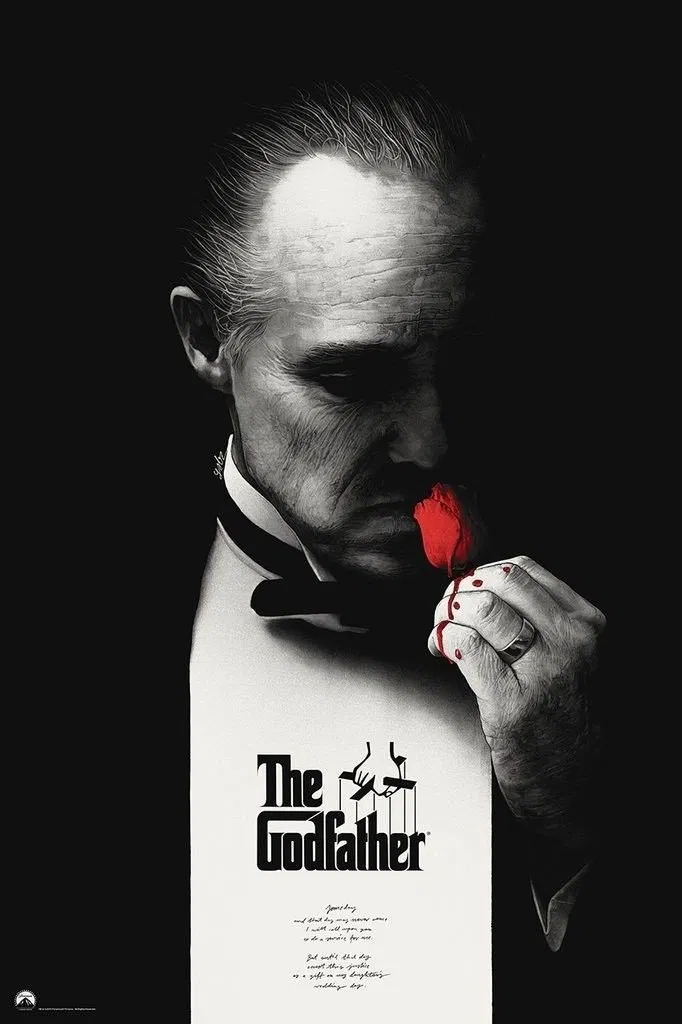
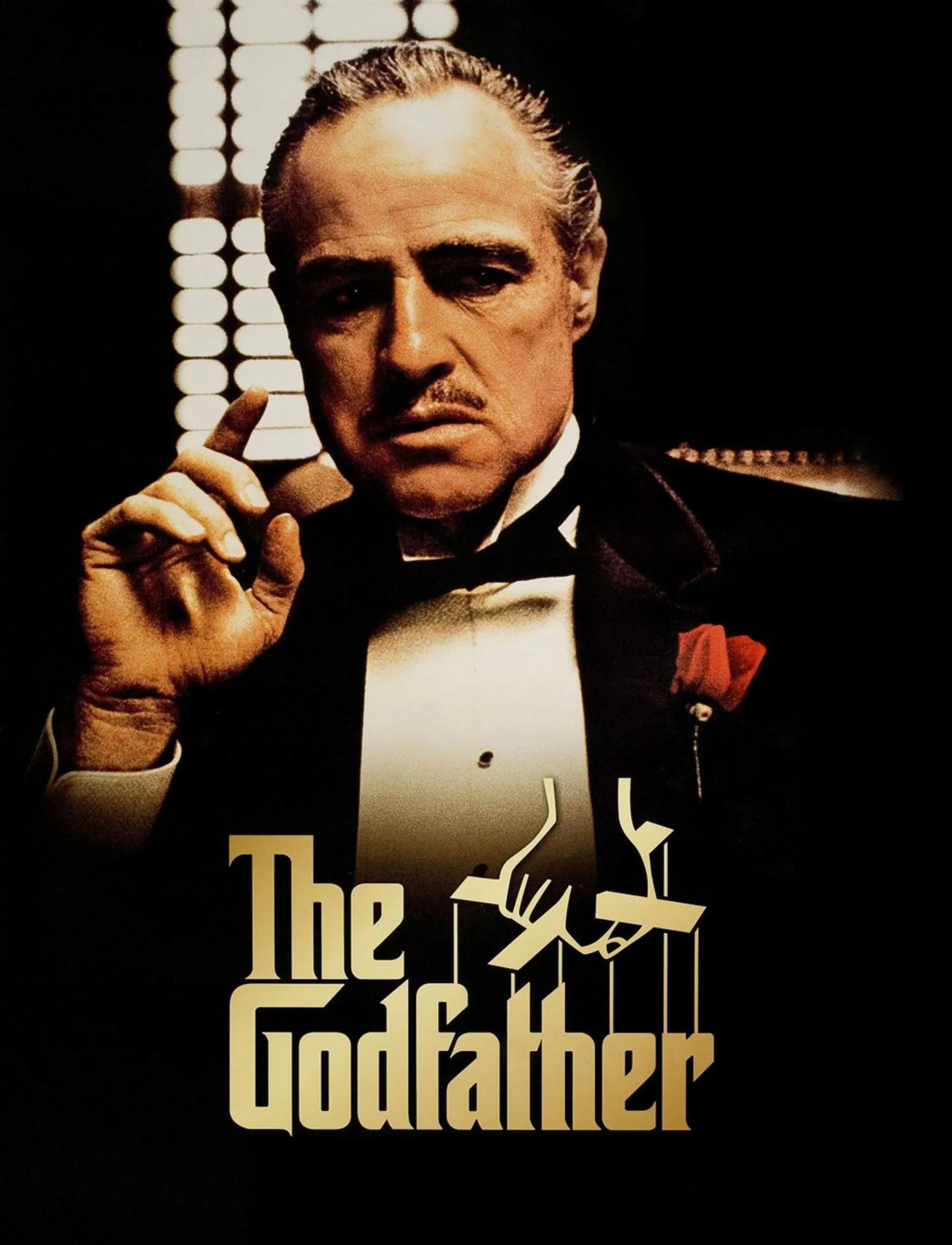
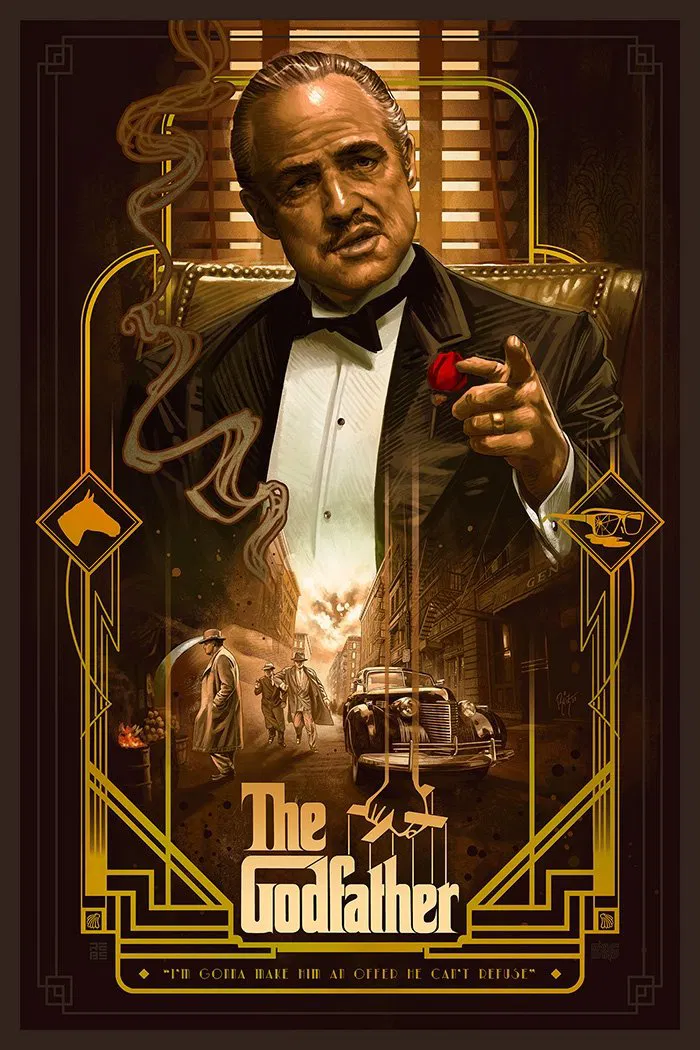
The Hidden Symbolism of Power
Beyond its narrative, “The Godfather” is a masterclass in visual storytelling. Consider the symbolism woven into its frames. The orange grove in Vito's final scene evokes peace and legacy, yet it's where he dies—a poignant reminder that power is fleeting. Doors closing throughout the film, especially in the final shot, symbolize Michael's isolation as he embraces his fate as a ruthless don. These subtle cues elevate the film, reflecting themes of control and consequence. Interestingly, Spielberg's own films, like “Schindler's List,” grapple with similar tensions—innocence corrupted by power—suggesting why he might connect so deeply with Coppola's vision.
Historical Context: The Great American Film Debate
The idea of the “Great American Film” has sparked debate for decades. In 1998, the AFI's first 100 Years…100 Movies list crowned “Citizen Kane” as the greatest, with its tale of ambition and loss (AFI). In 2015, BBC Culture's poll of international critics placed “Citizen Kane” first, but “The Godfather” came second, lauded for its portrayal of organized crime, immigration, and corruption (BBC Culture). Other contenders, like “Casablanca” (love and sacrifice) or “Singin' in the Rain” (Hollywood's optimism), capture different facets of America.
In the past decade, films like “There Will Be Blood” and “Tree of Life” have entered the conversation, praised for their bold takes on American greed and spirituality. Yet “The Godfather” remains a constant, its themes timeless. Spielberg's 2025 statement stands out because it reaffirms this legacy at a time when American cinema is more diverse than ever, from blockbusters to indies. His choice feels like a nod to a shared cinematic heritage, even as new voices reshape the landscape.
| Film | AFI Rank | Key Themes | Cultural Impact |
|---|---|---|---|
| Citizen Kane | 1 | Ambition, Loss, Media | Redefined narrative structure |
| Casablanca | 2 | Love, Sacrifice, War | Iconic romance, quotable lines |
| The Godfather | 3 | Immigration, Power, Corruption | Shaped gangster genre, pop culture |
| Singin' in the Rain | 5 | Optimism, Hollywood's Transition | Celebrates filmmaking joy |
Spielberg's Weight in the Conversation
Why does Spielberg's opinion matter? The man's a titan—his films have grossed billions and earned countless awards. He's not just a director but a cultural force, shaping how we see adventure (“Indiana Jones”), wonder (“E.T.”), and history (“Saving Private Ryan”). When Spielberg calls “The Godfather” the greatest, it's not just a compliment; it's a signal to filmmakers and fans alike that Coppola's work remains a benchmark. His praise also highlights Coppola's influence on his own career—Spielberg has cited Coppola as a mentor, recalling their early days together in the 1960s (Yahoo).
The Counterargument: Is It Really the Greatest?
Hold the cannoli—let's pump the brakes. While “The Godfather” is undeniably great, the “greatest” label is subjective. “Citizen Kane” revolutionized storytelling with its non-linear structure and psychological depth. “Casablanca” captures the heartbreak of war and love with unmatched elegance. Films like “Do the Right Thing” tackle race and community with raw urgency, speaking to modern America in ways “The Godfather” can't. Even “2001: A Space Odyssey” pushes boundaries with its cosmic ambition. Each reflects a piece of the American mosaic, and choosing one over others risks oversimplifying a diverse art form.
Spielberg's claim, while powerful, is also personal. He's drawn to “The Godfather”'s storytelling and emotional weight, but others might prioritize technical innovation or social relevance. The beauty of this debate is that it invites everyone to weigh in—what's your greatest American film?
A Legacy That Endures
Spielberg's declaration isn't just about “The Godfather”; it's about the power of cinema to capture who we are. In 2025, as American film evolves with new voices and technologies, “The Godfather” remains a touchstone—a story of family, power, and the cost of ambition that still feels urgent. Whether you agree with Spielberg or not, his words remind us why we love movies: they challenge us, move us, and spark conversations that last a lifetime.
So, grab some popcorn and rewatch “The Godfather.” Notice the oranges, the closed doors, the quiet menace of Michael's gaze. Then tell us: Is it the greatest American film ever made? Or does another movie hold that crown for you? Drop your thoughts below—let's keep this cinematic debate alive.

